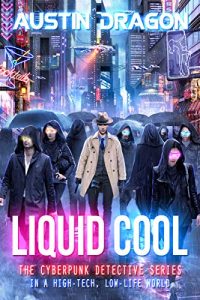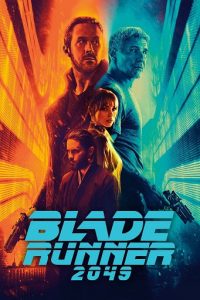Recently someone I know asked, How important is it to have positive male role models in your work?
I find this question interesting on a number of levels. The first is the obvious qualifier: male role models.
I and my childhood friends may have grown up in the ‘80s, but we escaped a lot of the gendered BS– You know, the that’s for girls/boys, you can’t have that. Or, you can’t act/dress like that, people will think you’re a *gender other than the one you were assigned at birth.* (Not to say that those attitudes weren’t, and aren’t, still alive and well– just that we escaped them.)
So I find the emphasis on male role models peculiar. Wouldn’t a good role model be a good role model for everyone? Or are we specifically talking about good examples of how to be male? The latter seems weird and unnecessary.
As a child, I looked up to a wide range of characters. I liked Aragorn in The Lord of the Rings, but I also greatly admired the crew of the Pride of Chanur in CJ Cherryh’s Chunar Saga. I considered both Morgaine and Nhi Vanye, of Cherryh’s Morgaine Cycle, to be equally good role models. *
Good science fiction smashes the pointless constructs of our present day and age, or turns them on their ear, or points out where we are headed if we continue on as we are. Like it or not, gender roles are one of those constructs. I think it’s more important that a main character be a relatable person with positive attributes than a good male/female role model.
If you remove the gender qualifier, you have another interesting question. How important is it to have positive role models in your work? And the answer is, I’ve never really thought about my characters like that.
I generally want my main characters to be people the reader can both associate with and look up to. Basically, if someone loved my work so much that they tried to emulate one of my main characters, would it make the world better or worse? I enjoy writing characters that would make the world a better place if they were real.
I definitely think that characters which exemplify positive characteristics, without being unrealistic, are important. Art is a reflection of society; but at the same time, society is absolutely influenced by the art and media it consumes. Authors have something of a responsibility to leave the world a better place than we found it– not only by giving readers an escape from the horrors of the world, but also by showing how people can make the world a better place.
*Editor’s note: sorry for the Wikipedia links, but they’re the easiest place to find all the info about a book’s characters, setting, and plot in one place.

